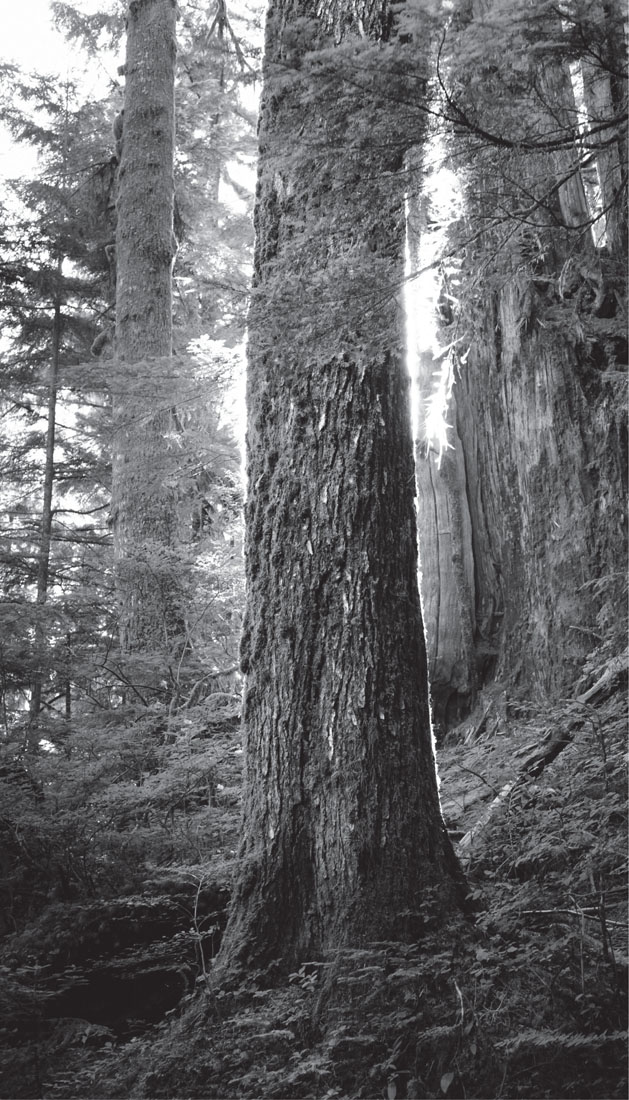
This unique book by Melinda Powell fills a gap in the available dream literature. Namely, it extolls and illustrates the vital importance of the Imaginal Mind as a bridge between our human and spiritual natures. Melinda’s book shows how dreams reveal the limited perspective we have on our problems, on ourselves and on life in general – due to our overly conditioned capacity to look at how we see the world and our place within it. As Melinda demonstrates, dreams act as mirrors, revealing our wounds, our defences, and our illusions. Yet if we can clear our minds of old impressions and heal ourselves, our Imaginal Mind becomes a mirror, one in which dreams reveal the treasure of our hidden spiritual nature.
Melinda suggests in a very readable and carefully researched way that dreams could become one of the major frontiers of a new psychology of mind – moving the mental focus from a purely cognitive or neuro-cognitive model to embrace a multidimensional view of the mind’s creative potential. She shows how, by revisiting our dreams and consciously interacting with them, we are able to explore the wonders of the universe within. According to the mystical traditions, these wonders are mirrored in the beauty of the natural world around us. Conversely, as Melinda persuasively argues, the messes and tangled complexities that we create in our minds, and which are reflected in our dreams and nightmares, bear remarkable similarities to the devastation we see today in the polluted wastelands humanity has created in the outer world.
My first memory of Melinda recalls her volunteering to work with one of her dreams – a dream of great importance – during her training programme in transpersonal psychotherapy. I had no idea what would emerge from this Waking Dream exploration – the experience was powerful and initiated dramatic change in Melinda’s life. As a result, she began to explore more deeply her extraordinary capacity for dream lucidity.
The remarkable lucid dreams that followed described increasingly beautiful landscapes representing the subtle realms of consciousness. Light and ‘Black Light’ appeared regularly in the imagery. Over the course of hundreds of lucid dreams, Melinda learned to surrender ever more deeply to the experience of the ‘Black Light’, a phenomenon St John of the Cross and other mystics have spoken of as the prelude to profound spiritual awakening.
I encouraged Melinda to attend and speak of her dreams at the annual conference of the International Association for the Study of Dreams (IASD). By then, Melinda had begun to refer to her conscious attitude in these ‘Black Light’ experiences as ‘Lucid Surrender’, a term she coined professionally, as a path to spiritual awakening.
Since we both shared the same views regarding the significance of transpersonal dream exploration, we discussed the need for an institute that promoted dream research. This culminated in the setting up of the Dream Research Institute (DRI) as part of the expanding work of the Centre for Counselling and Psychotherapy Education (CCPE) in London, with Melinda as co-founder and director.1
Melinda had also taken on the role of directing and reviving one of CCPE’s student psychotherapy practicum placements, HELP, a charity originally started by Richard Branson as a phone-in advice centre more than 40 years ago.2 Over the years, the service evolved into a charitable counselling centre to help people in need of psychotherapeutic support. Given Melinda’s education and experience, her dedication and integrity, the charity blossomed to become a largely self-funded service offering short-and long-term psychotherapy to hundreds of people every year.
Much of what has emerged in Melinda’s dreams and through her work as a psychotherapist has been combined and presented in this book. She has clearly illustrated the possibilities of human development by working with dreams.
To sum up, this much-needed work shows how the ineffable human spirit that resides within all of us beyond the conscious mind can help to harmonise and enhance the relationship between our human and spiritual natures, as well as our shared humanity and the natural world of which we are part.
Nigel Hamilton, Ph.D.
Director, Centre for Counselling and Psychotherapy Education
Co-Founder, Dream Research Institute, London
Author of Awakening Through Dreams:
The Journey Through the Inner Landscape
